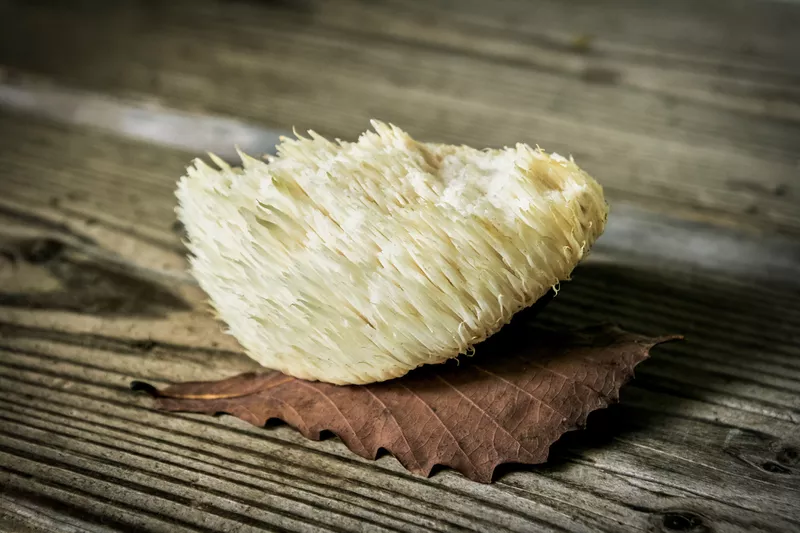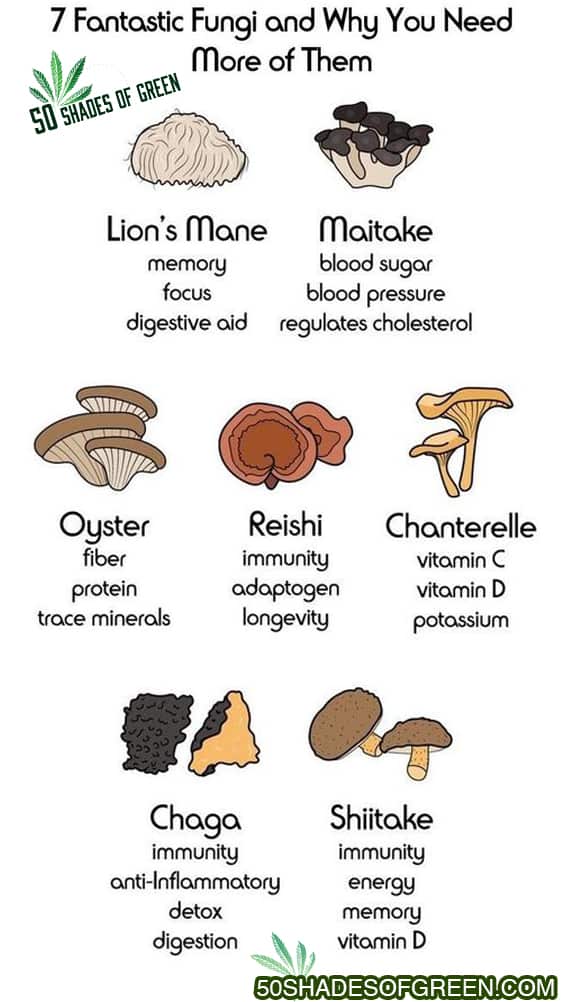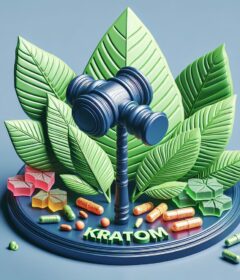Lion’s Mane Benefits: a Guide to This Unique Mushroom

Lion’s Mane mushroom is an ancient Chinese remedy traditionally used for improving cognitive performance, and overall health. It may prevent and treat nerve damage by boosting Brain Nerve Growth Factor, and neurogenesis – the process by which new neurons are formed in the brain.
What can Lion’s Mane do for you?
Lion’s Mane may help improve focus and attention, boost thinking, repair brain cells, help depression and anxiety, and manage other neurological problems like Alzheimer’s, dementia, Parkinson’s, and muscular dystrophy. [1] Lion’s Mane may help in these ways: Potentially stimulates Nerve Growth Factor (NGF) in the brain. May prevent and treat nerve damage in the brain. Once past the blood-brain barrier, Lion’s Mane stimulates enzyme production that releases Nerve Growth Factor (NGF). Nerve regeneration helps relieve neurodegenerative disease symptoms such as Alzheimer’s, dementia, and Parkinson’s Disease. Neurogenesis. Lion’s Mane stimulates the repair and creation of neurons. Boosting neurotransmitters and signaling that affect memory, learning, recall, and mood. Brain optimization. Lion’s Mane may help eliminate brain fog, restoring memory and mental alertness. It may improve anxiety and depression symptoms. Here are some extra readings about the benefits of Lion’s Mane:- Provides mood support
- Supports overall cognitive health
- Enhances nerve-growth factor
- Promotes healthy blood sugar
- Promotes increased energy levels
Digging Deeper into Lion’s Mane
Lion’s Mane (Hericium Erinaceus) is an ancient Chinese medicinal mushroom with powerful properties proven to improve brain health, enhance cognition, and protect the brain against injury, disease, and the effects of aging. It is quickly becoming universally recognized as a supplement that provides a wide array of benefits. [2] It grows naturally in the wild in Europe, Asia, and North America – beginning to grow in the late summer through the fall, primarily on hardwood trees. It is certainly a unique and exceptionally promising natural nootropic that belongs to the edible tooth fungi group. It is sometimes referred to as ‘bearded tooth mushroom’, ‘hedgehog mushroom’, and even ‘pom mushroom’ because of its long dangling clusters of spines. These mushrooms are also prized for their nutritional and culinary qualities. They are typically dried and ground into a powder to make Lion’s Mane mushroom capsules. The extract for the capsules is made from the whole mushroom that you can see above the ground by breaking down the cell walls of the mushroom with hot water in order to get to the beta-d-glucans trapped within the cell walls. Lion’s Mane Mushroom has been recognized as potentially stimulating Nerve Growth Factor (NGF) in the brain. Known for its powerful effects as a “brain tonic”, Lion’s Mane is said to have been used as a tea for thousands of years by Buddhist monks to enhance brain power, and heighten their ability to focus during meditation. Lion’s Mane may be a powerful catalyst for brain cell regeneration helping improve memory and cognition. The primary active compounds in Lion’s Mane are hericenones and erinacines. Hericenones help your brain produce more Nerve Growth factors (*). And erinacines easily cross the blood-brain barrier to boost the production of neurons (*).How does Lion’s Mane feel when you take it?
Recent research on Lion’s Mane mushroom
Lion’s Mane prevents cognitive dysfunction
In this study, researchers examined the effects of Lion’s Mane on amyloid β(25-35) peptide-induced learning and memory deficits in mice. Amyloid β(25-35) peptide is implicated in diseases like Alzheimer’s. Mice were injected with the peptide on days 7 and 14 of the trial. And they were fed a diet containing Lion’s Mane over 23-days of the experiment. The results showed that Lion’s Mane prevented short-term and visual recognition memory reduction normally induced by amyloid β(25-35) peptide. They concluded that Lion’s Mane Mushroom “may be useful in the prevention of cognitive dysfunction”. [1]Lion’s Mane induces Nerve Growth Factor
In this trial, mice were fed Lion’s Mane 5% freeze-dried powdered extract for 7 days. Researchers found an increase in the level of Nerve Growth Factor (NGF) in the brain of the mice. Concluding that Lion’s Mane “contains active compounds that stimulate NGF synthesis”. [1]RELATED: MDMA Therapy And Psilocybin Therapy Bill Approved By Connecticut








